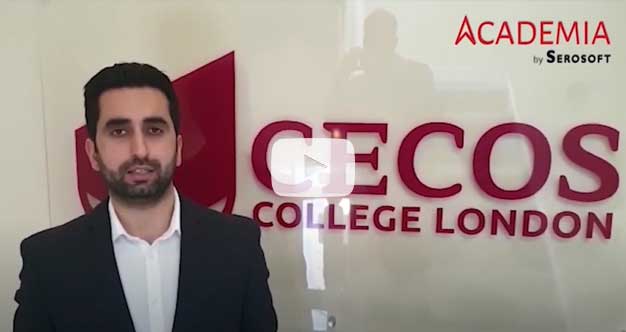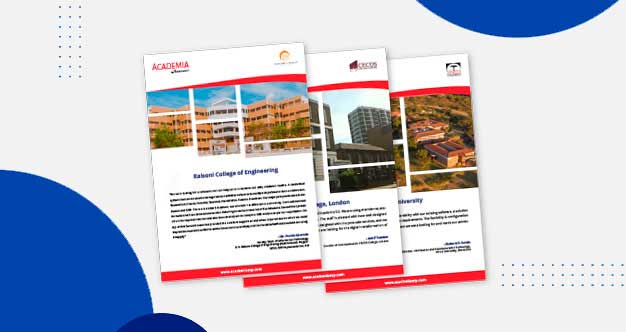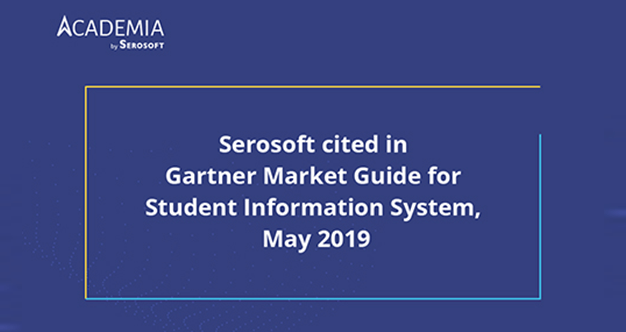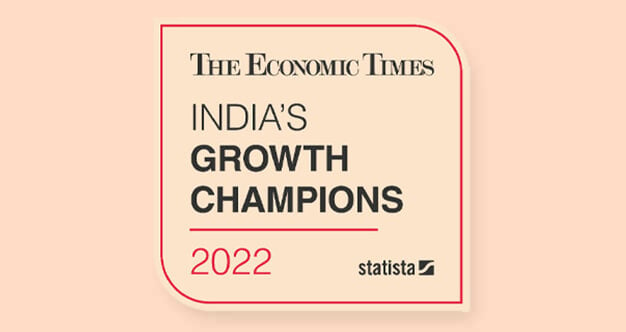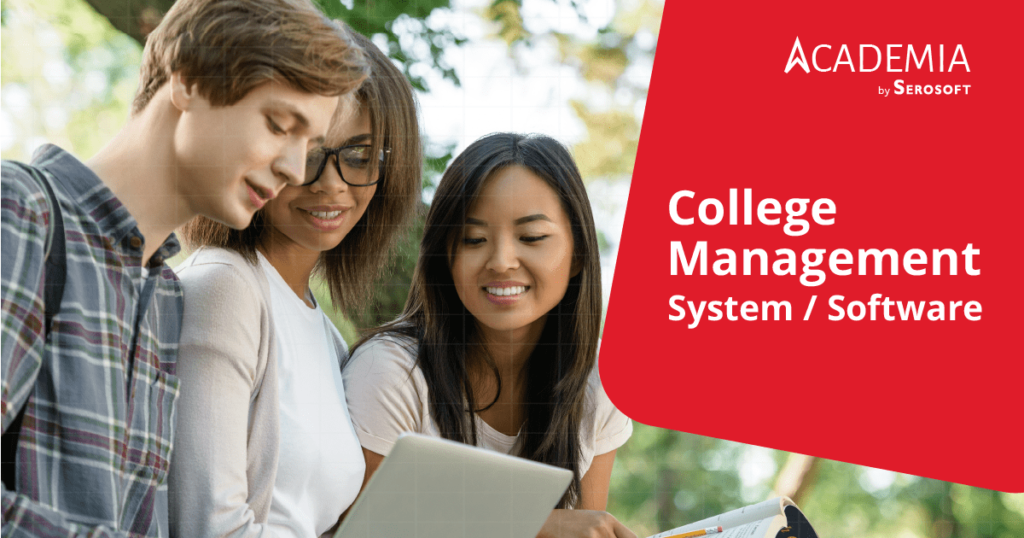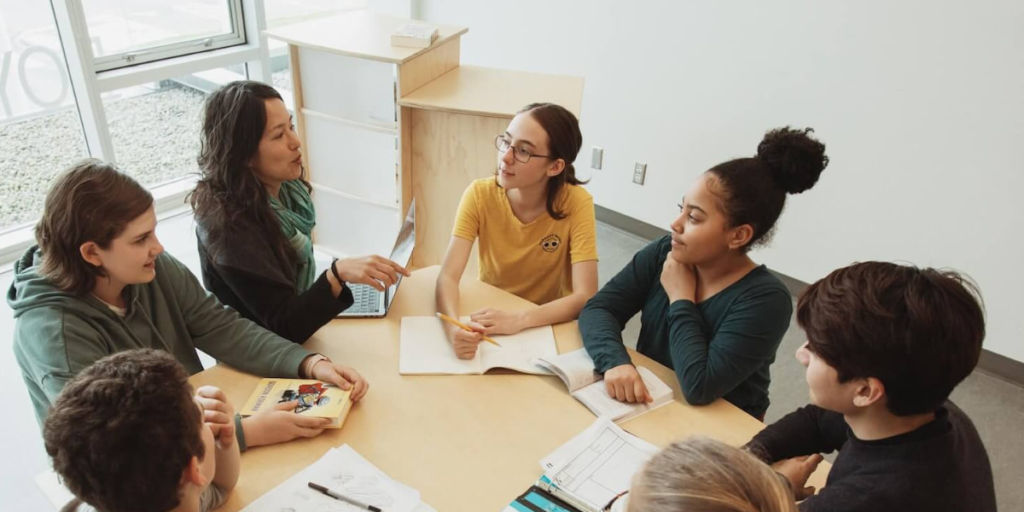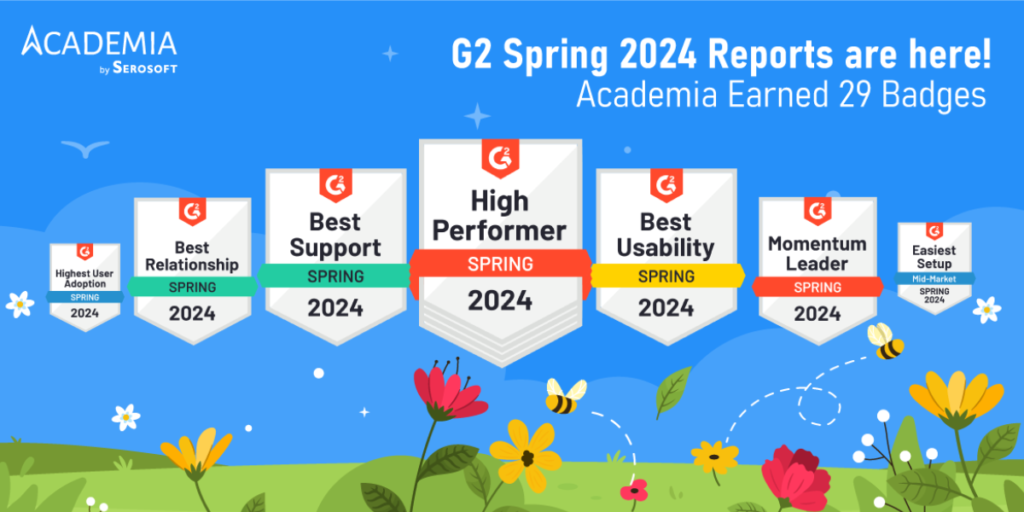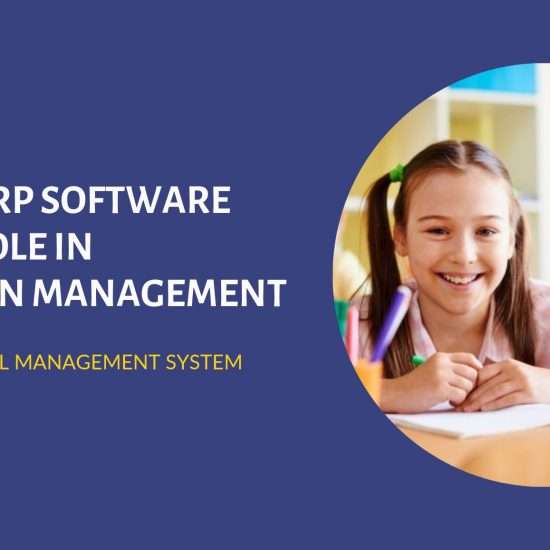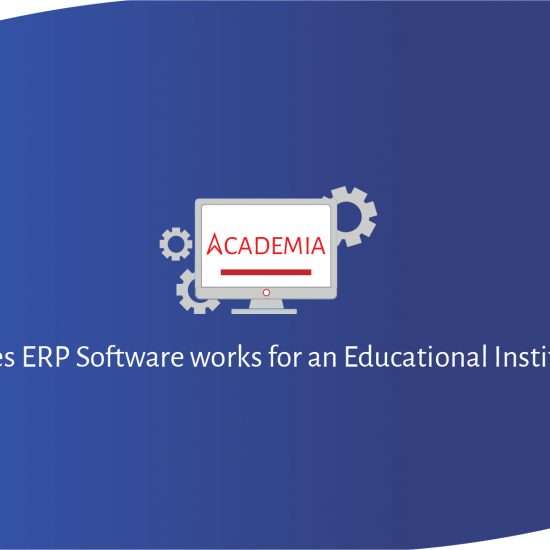Experiential Learning vs Conventional Learning. Which works better and why?
The concept of experiential learning has been frequently introduced lately. Nowadays, more and more schools have begun to accept this growing trend. The idea is quite simple and bypasses the typical learning process through experience or a “reflex to do”.
How does this work?
The process starts with a person performing a specific action and then sees the effect of the action in a situation.
The second step is to understand these effects if the same measures were taken and predicted under the same circumstances.
The third step is to understand the general principle under which the particular instance resides. When this general principle is understood, the final step is the application of the action under new circumstances.
The world is your class
It can be argued in favor of experiential learning that concepts that are difficult to understand in the classroom can be more easily accepted through real experiences.
Studies have shown that learning in the real world can be more effective as students adapt to the real world through careful observation and generalization. With this learning experience, you can: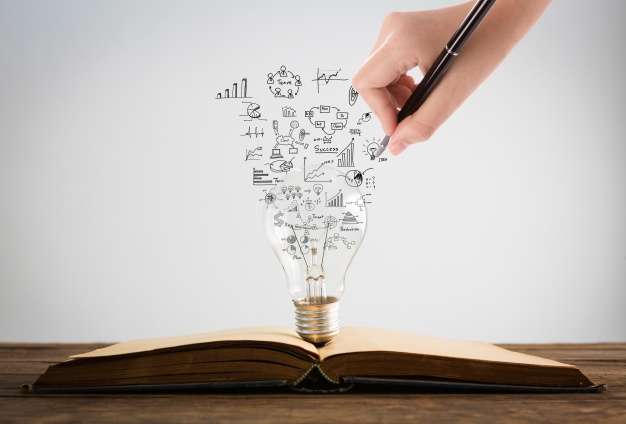
- Gain valuable experience in the field
- Study and learn more globally and locally
- Understand the importance of real-life experiences
- Actively participate in a dynamic environment
Conventional VS Experiential
Today, schools and organizations involved in the education sector use a variety of methods that they believe will contribute to overall development. However, there is a clear distinction in the way these procedures are carried out.
Some are more concerned with the concept of experiential learning and individual development compared to traditional methods designed to develop each individual’s ability to meet measurable standards or the standards of an organization.
Read also: 5 Benefits of Adaptive Learning in Edification
Nevertheless, there are many differences between conventional learning and experience:
| Conventional learning | Experience learning |
| Includes direct training or teaching | Includes modern ways of learning & teaching using advanced tools & software |
| Involves restrictions with a pre-decided frame of learning | Flexible with a variety of learning patterns and techniques |
| Focus on just institutional growth | Focus on the overall development of students along with institutional growth |
| Knowledge transfer from existing books and resources by faculty to students | Students and faculty can experience the lessons taught to them using artificial intelligence, virtual reality, and more. |
| Ex. Classroom teaching, conferences, presentations. | Ex. Use of technological tools & software for enhanced growth of teaching & learning |
Conclusion:
It is not surprising that the vast majority of education and training is still conventional and not experiential. This can sometimes be understandable, as the needs of an organization can be anticipated according to individual needs, both in terms of training and in terms of subsequent work. Here it can be argued that society is a little ignorant and “broken” in this regard.
It is difficult to deny the benefits of experiential learning. As, it can effectively address the personal development needs of young and old learners and improve self-esteem, self-responsibility, and maturity which are difficult to achieve with conventional and normative teaching methods.
To know more about the Student Information System, click here.
[/vc_column_text][/vc_column][/vc_row]
 Higher Ed Plans
Higher Ed Plans K12 Plans
K12 Plans

